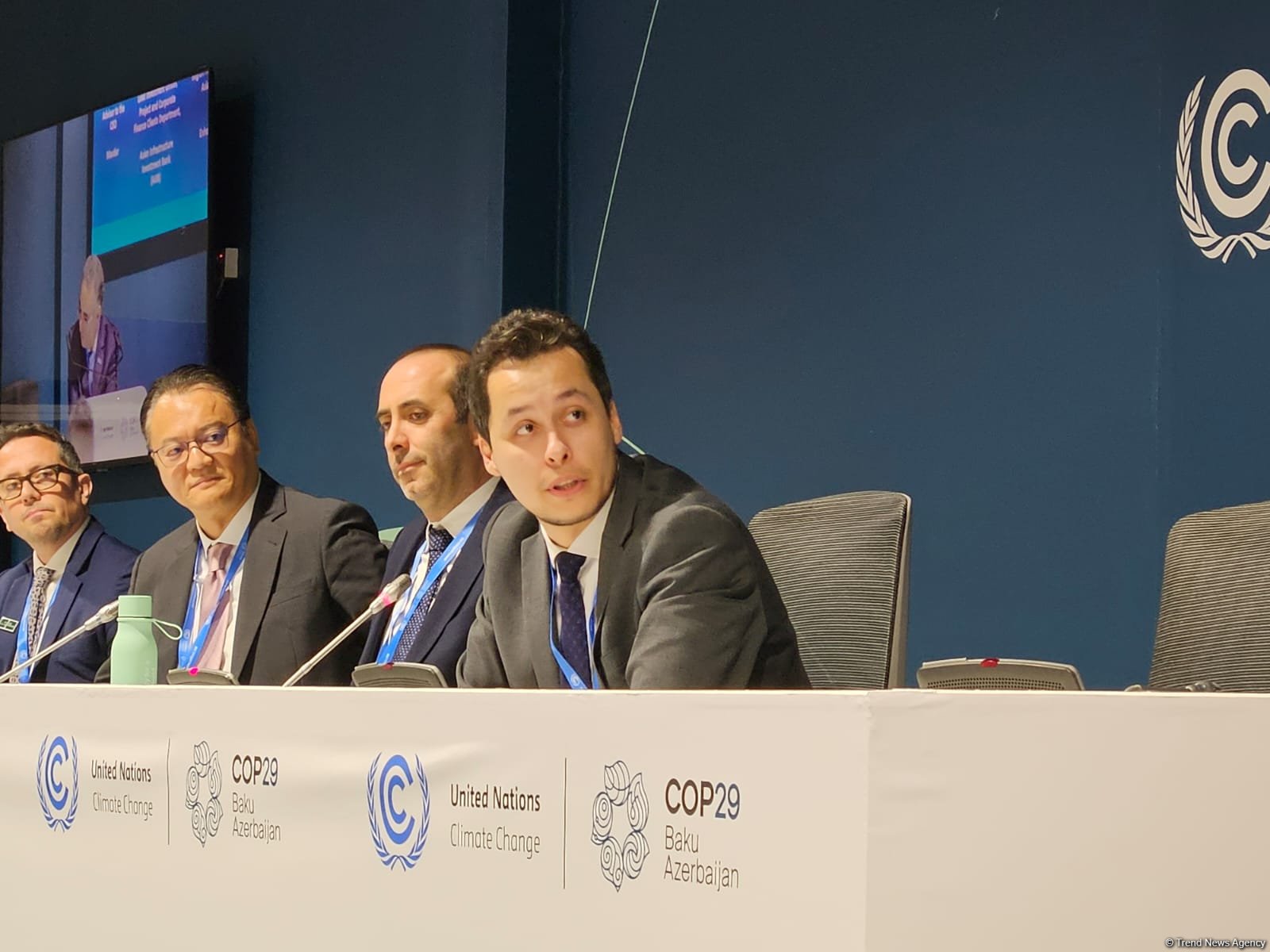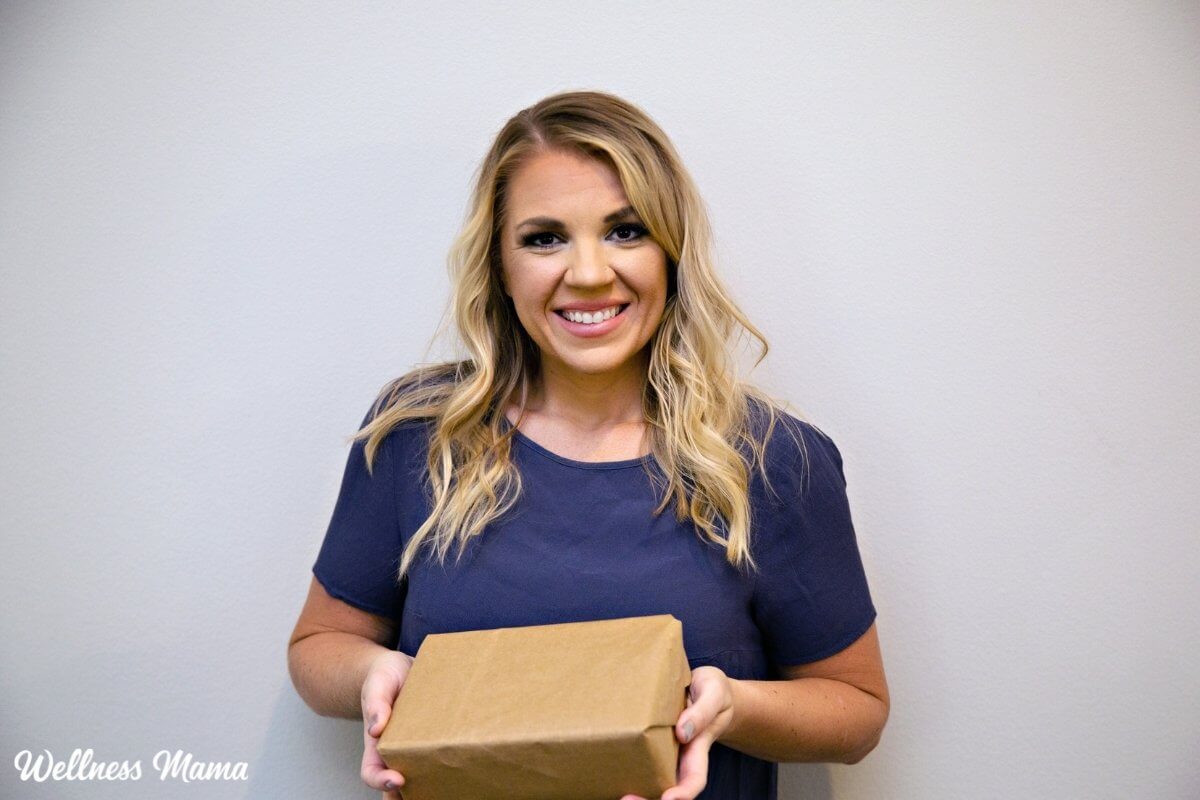Aditya Mistry grew up in California, where he received his bachelor’s degree in political science from UC Berkeley. Since graduating in 2019, Mistry has worked as a consultant, a lobbyist and a researcher on issues related to public health and urban forestry. Intimately familiar with environmental justice and the positive effects of urban green spaces, Mistry brings a wealth of real-world experience to Columbia’s M.P.A. in Environmental Science and Policy (MPA-ESP) program as he looks to continue helping others. Mistry reflects on his journey in the Q&A below.
How did you become interested in environmentalism?
Growing up, I went to an environmental magnet school and a lot of the curriculum had a strong environmental focus. We had a nature center that we visited often. I lived in a fairly industrial area about a mile or so away from an oil field, so seeing that and going to a school where there was ample green space helped me realize that protecting the environment is something worthwhile and worth pursuing in the long run.
In high school, I was in Model UN, which definitely made a huge imprint on the way I wanted to make change for the world. I saw policy, and being able to have discussions with decision makers, as an opportunity for me to make my mark on the planet. In Model UN, I participated in environmental, economic and social committees, so I was very much in touch with the topic.
It sounds like environmental justice has been a key factor in your lived experience and in the work you’ve been doing; how does environmental justice impact your interest in the field right now?
Just seeing that stark difference between my school and my home made it so much easier for me to understand environmental justice as an idea. As an undergrad, I pursued a degree in environmental science and political sciences, so I learned about environmental justice as a concept but actually having that previous lived experience propelled my own motivation for how I approach environmentalism in the work I do.
After your experience working in forestry policy, what prompted you to go back to school?
I’ve always had very diverse work experiences. Prior to my experience lobbying for forestry issues, I also did some consulting work. I’ve done some public health and nutrition work and I’ve gained a lot of experience in the multitude of lenses that one can use to look at environmentalism. I felt like I really needed something to bring that all that together, which is why I knew deep down that I was going to go to grad school at some point. All the cards lined up in that way where I told myself it was the right time to apply.
Last year, there was this grad school fair in D.C. I told myself, ‘You know what, let’s just go. No harm in checking things out.’ I printed out a couple of resumes and set off. To be completely frank, I have always been kind of insecure about my prospects for grad school and I felt that I needed to really overcompensate as far as work experience. The moment I talked to some of the admissions advisors, however, and they saw my resume and experiences, they told me ‘You’re quite competitive. You should actually consider applying.’ Hearing that validation really helped me.
Columbia, even though it wasn’t at the fair, was a school I’ve always kept in mind. Every single time I did some research in my spare time, the MPA-ESP would come up, so it was always in the back of my mind. With my professional and personal insecurities, getting into an Ivy League school was definitely on the dream side of my application list and so it’s crazy to actually be here.
I think it’s fair to say that the summer semester has a fairly packed schedule. What has been your favorite class thus far?
My favorite class is a tie between climatology and ecology. For climatology, I really liked how open to explaining things Yutian Wu has been. The class is structured in a way that really helps you learn the science and the labs have been really conducive to learning.
My other favorite class has been “Principles of Ecology.” The way that Matthew Palmer delivers lectures is really interesting. It’s also nice to have him on a Friday! In some of the labs, we had in-class debates in the earlier part of the semester and now there are more field trips. It’s been really interactive and fun being in this class!
What has been your experience of being a manager for the summer workshop?
I think being a manager has been a test of my organizational and leadership skills. It’s been really fun just being able to stretch that muscle a little bit. Professionally, I’ve always had the experience of managing up but being able to manage down and actually take leadership, ownership and responsibility for people’s work has been a refreshing change. This experience of managing others, especially a team of 10 or 11 people, all with varying backgrounds and experience levels, is definitely a huge plus in getting me to the level of mid-career professionalism that I’m hoping for.
Beyond the classroom, what other activities are you involved in and how are you enjoying being in New York?
I have been going out to some events, hanging out with people in the cohort and just enjoying the New York summer! I’m not a stranger to the city but it’s so nice to be able to live here and have a favorite coffee shop or restaurant. I hope that as my time frees up in the fall and spring, I get to enjoy the city a bit more!
What are your career plans and interests after Columbia?
Post-Columbia, I really want to get back into governmental affairs work. Whether that is working for a city, state or federal agency, or going back into the nonprofit space as an advocate/lobbyist again, that would be my ideal path. I’m sort of exploring things here, career-wise. I’m open to working for a foundation or doing some program management work. I got a lot of fulfillment in my last job as a lobbyist and so I hope to continue that trajectory.














/https://tf-cmsv2-smithsonianmag-media.s3.amazonaws.com/filer_public/d1/82/d18228f6-d319-4525-bb18-78b829f0791f/mammalevolution_web.jpg)






Discussion about this post